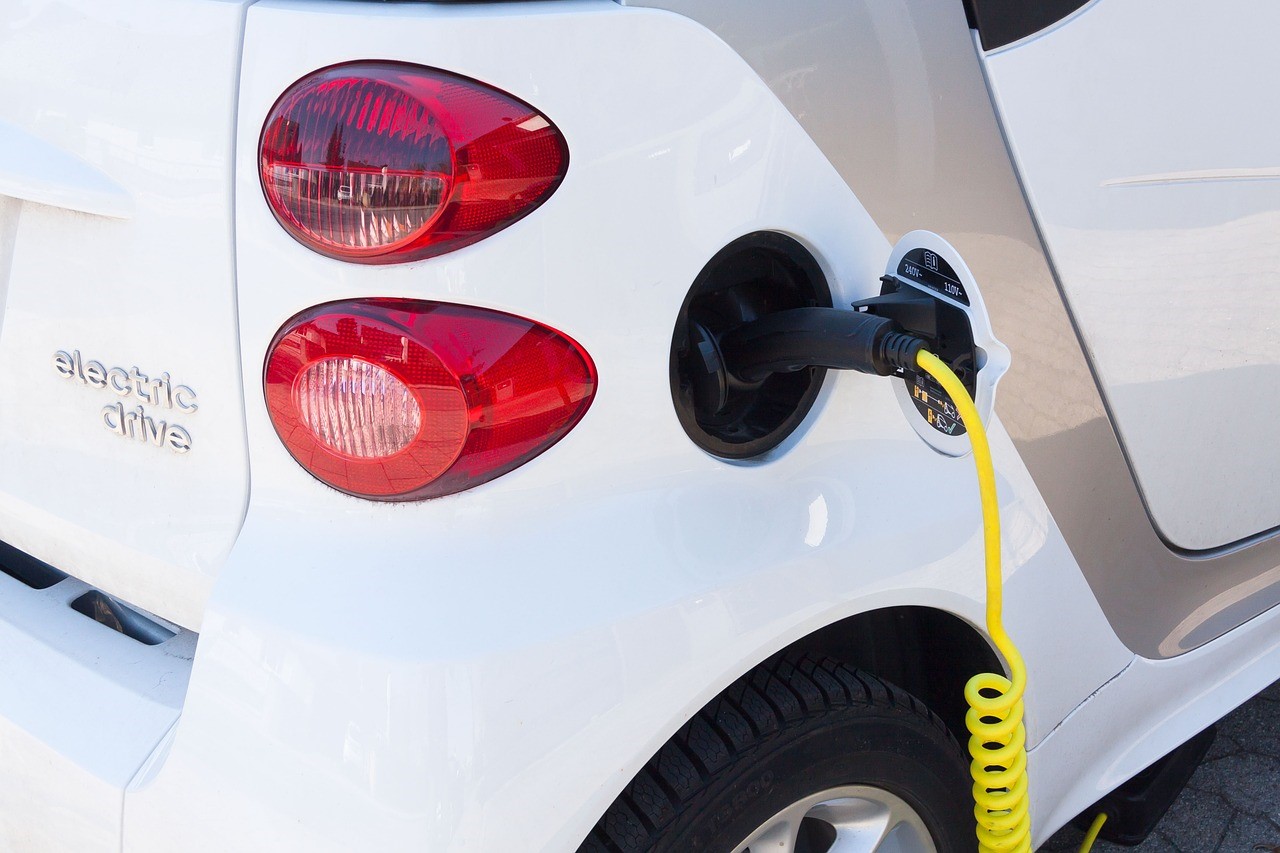Household Bills
Sale of new petrol and diesel cars to be banned by 2030

The UK could see the sale of new petrol and diesel cars and vans banned from 2030, five years earlier than previously planned.
The UK could see the sale of new petrol and diesel cars and vans banned from 2030, five years earlier than previously planned.
The move is part of Boris Johnson’s ‘Ten Point Plan for a Green Industrial Revolution’, which aims to cut emissions to net zero by 2050.
Under the plans, the sale of hybrid cars and vans that can drive a significant distance with no carbon coming out of the tailpipe would be allowed until 2035.
To support the acceleration of the green revolution, the prime minister has announced that £1.3bn will be spent to accelerate the rollout of chargepoints for electric vehicles in homes, streets, and on motorways across England.
There will be £582m in grants for people buying zero or ultra-low emission vehicles to make them cheaper to buy and incentivise more people to make the transition.
In addition, nearly £500m will be spent in the next four years for the development and mass-scale production of electric vehicle batteries. The government will also launch a consultation on the phasing out of new diesel HGVs.
Tom Clarke, head of electric vehicle strategy at LV=, said: “Bringing forward the ban on the sale of new petrol and diesel cars to 2030 is a leap forward in terms of hitting the 2050 Net Zero commitment, but its impact is slightly diminished by the decision to let hybrid cars stay in showrooms until 2035. This makes no sense – hybrid cars, like their petrol and diesel equivalents, are polluters and in order to provide consistent and clear messaging to the public in the push to switch to EVs, they should fall in line with the 2030 ban.
“More work also needs to be done to drive engagement and uptake in EVs, and this should start with bridging the price gap between them and their petrol/diesel equivalents. That’s why we’re calling on the Government to follow France and Germany’s lead and improve the package of fiscal incentives and nudges for drivers looking to make the switch.”
Edmund King, AA president, said: “The 2030 target is incredibly ambitious, but the transformation to electric cars is welcome. Consistently, the barriers to EV ownership are: the initial cost of the car and availability, perceived single-charge range anxiety and charging infrastructure – particularly for the third of drivers without off-street parking. If we can tackle these issues with considerable investment and focus, the electric revolution could flourish.
“We are pleased that the package of measures announced is more than just a date in the diary. By investing heavily in the national charging network, battery production and providing incentives will help.”
Johnson’s Ten Point Plan also includes extending the Green Homes Grant by a year.